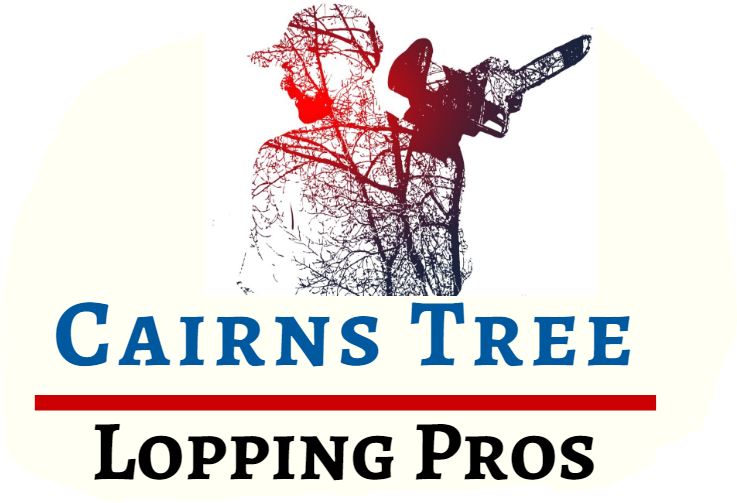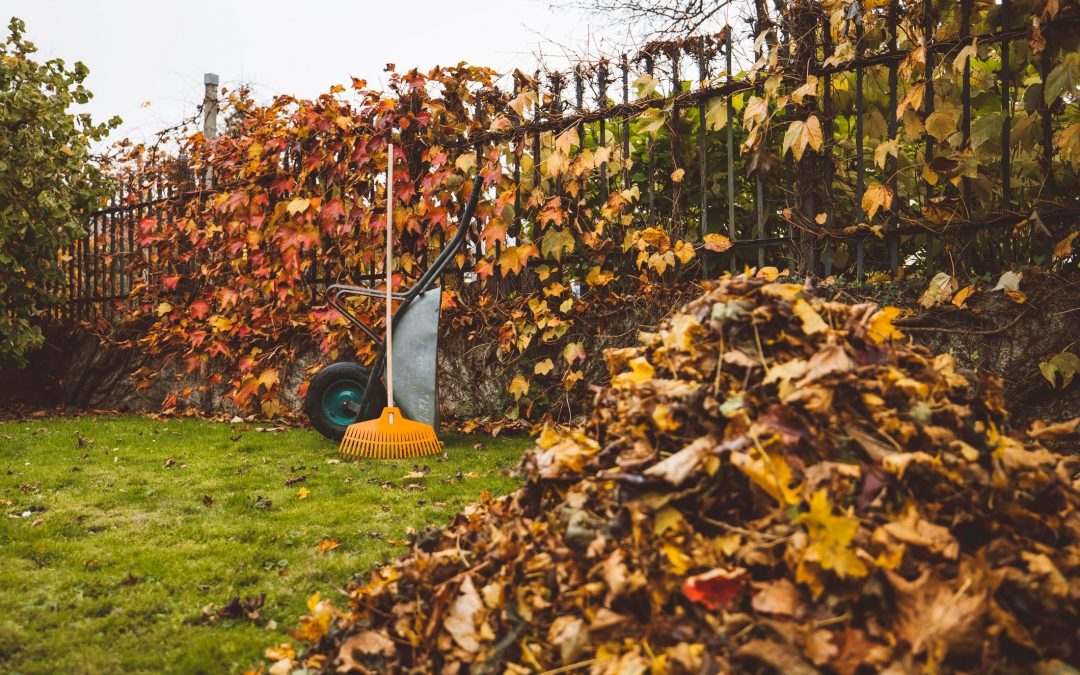Written by Admin and published on https://www.heartwoodtreecompany.com/.
As the leaves begin to fall, many homeowners turn their attention to raking them up and getting rid of them. However, leaves can actually be a valuable asset in the yard, providing free fertilizer for your lawn and garden. Leaves are rich in nutrients that plants need, such as nitrogen, phosphorus, and potassium. When they decompose, these nutrients are released back into the soil, where they can be used by plants. In addition, leaves help to improve the structure of the soil by increasing its porosity and water-holding capacity. As a result, leaving your leaves on the ground can actually be beneficial for your yard. So next time you reach for the rake, consider letting your leaves stay put. They may just be exactly what your lawn needs.
Table of Contents
Don’t Rake Away Yard Leaves, They are FREE Fertilizers!
Being a vocal anti-lawn person, I’m completely biased on the topics of leaf raking, leaf composting, and yard waste management. I feel our yards need fewer synthetic inputs and a lot more native inputs, in the form of leaf litter.
Why Do People Rake Leaves?
When you don’t know how to do something, what is the first thing you do? Well, I’m a DIY type of person (to a fault), so I go to my phone and thumb in “how to _____”. Google knows.
If you ask the internet “Why do we rake leaves?” the predominant result is “Don’t rake your leaves.” Even Bob Vila says mulch them!
And yet, every fall I am shocked, aghast, and pinching myself to see all the people piling free fertilizer (that’s what I call it) at the curb. I take my neighbor’s leaves and pile them in my yard!
4 Benefits of Not Raking Yard Leaves
These are the benefits I see to keeping your leaves in your yard.
1. Self-Fertilization is Easy & Reduces Fossil Fuel Use
Instead of enjoying nature’s carbon neutral, self-fertilization cycle, the rake-and-take process leaves actually makes leaves a source of more pollution. Minimize the number of materials municipalities has to handle with their diesel-chugging equipment! Fertilize your yard with a free, natural input that requires no fossil fuels. Shall we say “carbon neutral”?
2. Leaf Composting Saves Municipalities Money
As municipal budgets grow thinner, abandoning leaf collection would save millions of dollars over time. Imagine if the municipal budget could divert the funds they spend on leaf collection and put it toward tree planting and care! Now we are making some carbon-neutral headway.
I really don’t think I need to go any further than the two points above… but I will!
3. Not Raking Improves Water Quality
Keeping leaves in your yard keeps them out of the water drainage system, which improves our surface water quality. If leaves never get piled in or near the streets they have a harder time entering the drainage system, which leads to our lakes. Extra leaf matter in the lakes leads to eutrophication, where excess nutrients and minerals lead to unhealthy algal blooms.
4. Nitrogen Cycle Has Evolved for Billions of Years
Leaves composting under the tree they fell from, or near it, is how the nitrogen cycle has evolved, and how it works best! Trees evolved with their leaves returning to the soil to feed the roots; this has been working well or millennia, so why change it?
If you really can’t stand seeing leaves on your grass, here’s an alternative: Rake the leaves off the lawn and move them to a leaf composting area off the lawn to sit and compost during the winter off-season. In spring, spread those composted leaves under the trees and in flower beds. Voila! Free, natural fertilizer that is ready to be put back to work.
I’m sure there are more benefits to not raking, but that’s a good start.
Chemlawn (accurate name), Trugreen (misnomer), and any other chemical lawn care company want everyone to think our lawns need constant fertilizer and pesticide inputs to keep them green and beautiful. How about an annual infusion of some free fertilizer in the form of mulched leaves?
This article was first published on: https://www.heartwoodtreecompany.com/blog/yard-leaves-are-free-fertilizer.

